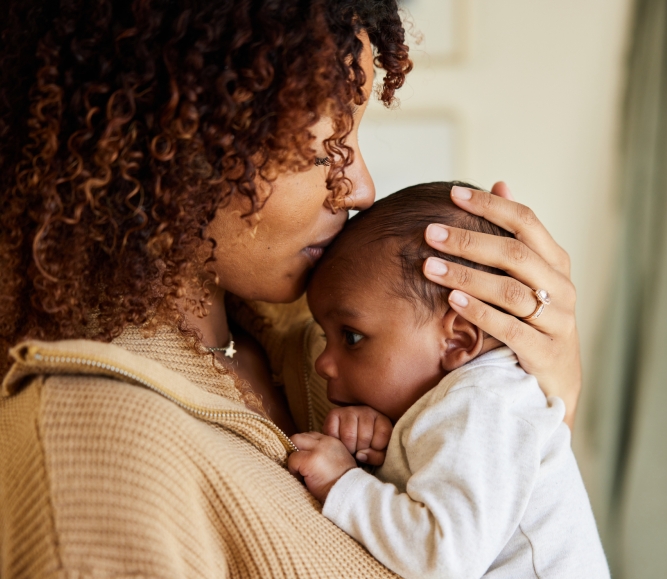Supported Mothers, Thriving Children: Connecting Maternal Health and Child Wellbeing

This webinar is available on-demand. If you have issues accessing the recording, please email nacomeetings@naco.org.
Counties can significantly improve children's health and wellbeing by supporting maternal mental health through a variety of key strategies. In this webinar, speakers will explore examples of local policies and programs that bolster county efforts to holistically address child wellbeing through focusing on maternal mental health and substance use. Participants will gain insights into local options for addressing maternal mental health needs and substance misuse, learn about the challenges and triumphs experienced by county programs, and discover new opportunities to strengthen their local children’s health services.
Watch Recording
Click here to access the recording in a separate window.
Resource
The County Maternal Health Landscape: Inequities, Barriers and Recommendations


House Agriculture Committee introduces 2026 Farm Bill
On February 13, House Agriculture Committee Chairman G.T. Thompson (R-Pa.-15) introduced the House version of the 2026 Farm Bill, the Farm, Food, and National Security Act of 2026.

Drug tracking software helps counties identify trends, save lives
Florida counties are using an artificial intelligence tool called Drug TRAC to track and report drug trends, with the aim of providing quicker outreach and saving lives.

White House Executive Order establishes national substance use disorder response
On January 29, the White House issued an Executive Order (EO) establishing the Great American Recovery Initiative, a new federal effort aimed at coordinating a national response to substance use disorder (SUD).